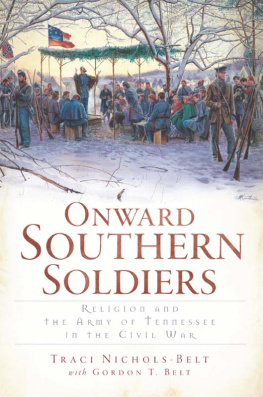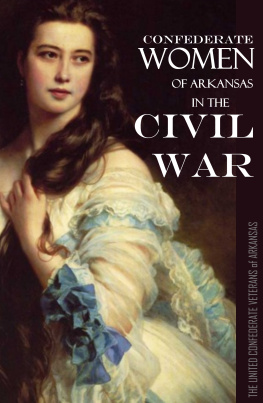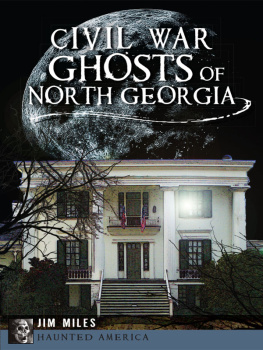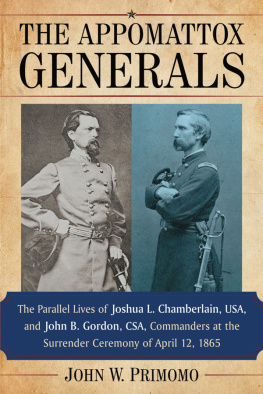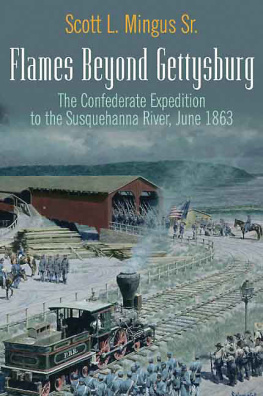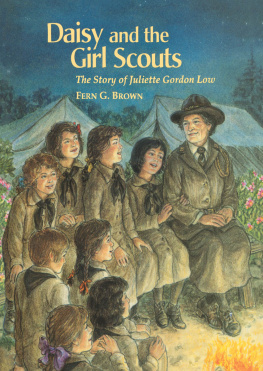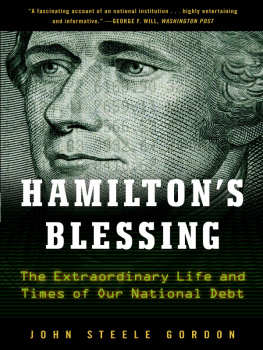Ralph Lowell Eckert - John Brown Gordon: Soldier, Southerner, American
Here you can read online Ralph Lowell Eckert - John Brown Gordon: Soldier, Southerner, American full text of the book (entire story) in english for free. Download pdf and epub, get meaning, cover and reviews about this ebook. year: 2015, publisher: LSU Press, genre: History. Description of the work, (preface) as well as reviews are available. Best literature library LitArk.com created for fans of good reading and offers a wide selection of genres:
Romance novel
Science fiction
Adventure
Detective
Science
History
Home and family
Prose
Art
Politics
Computer
Non-fiction
Religion
Business
Children
Humor
Choose a favorite category and find really read worthwhile books. Enjoy immersion in the world of imagination, feel the emotions of the characters or learn something new for yourself, make an fascinating discovery.

- Book:John Brown Gordon: Soldier, Southerner, American
- Author:
- Publisher:LSU Press
- Genre:
- Year:2015
- Rating:4 / 5
- Favourites:Add to favourites
- Your mark:
John Brown Gordon: Soldier, Southerner, American: summary, description and annotation
We offer to read an annotation, description, summary or preface (depends on what the author of the book "John Brown Gordon: Soldier, Southerner, American" wrote himself). If you haven't found the necessary information about the book — write in the comments, we will try to find it.
John Brown Gordons career of prominent public service spanned four of Americas most turbulent decades. Born in Upson County, Georgia, in 1832, Gordon practiced law in Atlanta and, in the years immediately preceding the Civil War, developed coal mines in northwest Georgia. In 1861, he responded to the Confederate call to arms by raising a company of volunteers. His subsequent rise from captain to corps commander was unmatched in the Army of Northern Virginia. He emerged from the Civil War as one of the Souths most respected generals, and the reputation that Gordon earned while wearing the gray significantly influenced almost every aspect of his life during the next forty years.
After the Civil War, Gordon drifted into politics. He was elected to the United States Senate in 2873 and quickly established himself as a spokesman for Georgia and for the South as a whole. He eloquently defended the integrity of southern whites while fighting to restore home rule. In addition to safeguarding and promoting southern interests, Gordon strove to replace sectional antagonisms with a commitment to building a stronger, more unified nation. His efforts throughout his post-war career contributed significantly to the process of national reconciliation.
Even in the wake of charges of corruption that surrounded his resignation from the Senate in 1880, Gordon remained an extremely popular man in the South. He engaged in a variety of speculative business ventures, served as governor of Georgia, and returned for another term in the Senate before he retired permanently from public office. He devoted his final years to lecture tours, to serving as commander-in-chief of the United Confederate Veterans, and to writing his memoirs, Reminiscences of the Civil War.
Utilizing newspapers, scattered manuscript collections, and official records, Ralph Eckert presents a critical biography of Gordon that analyzes all areas of his career. As one of the few Confederates to command a corps without the benefit of previous military training, Gordon provides a fascinating example of a Civil War citizen-soldier. Equally interesting, however, were Gordons postwar activities and the often conflicting responsibilities that he felt as a southerner and an American. The contributions that Gordon made to Georgia, to the South, and to the United States during this period are arguably as important as any of his career.
Ralph Lowell Eckert: author's other books
Who wrote John Brown Gordon: Soldier, Southerner, American? Find out the surname, the name of the author of the book and a list of all author's works by series.

